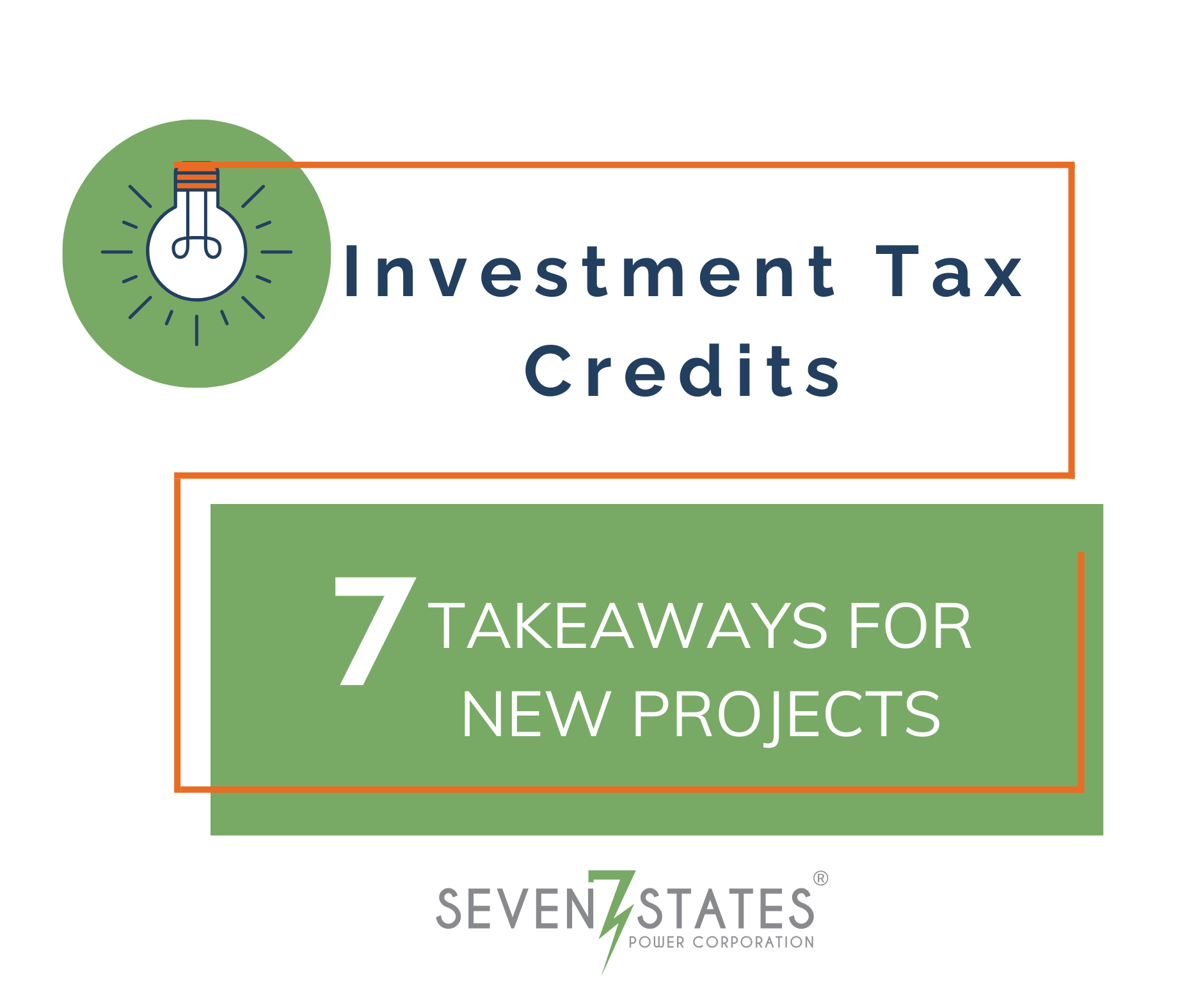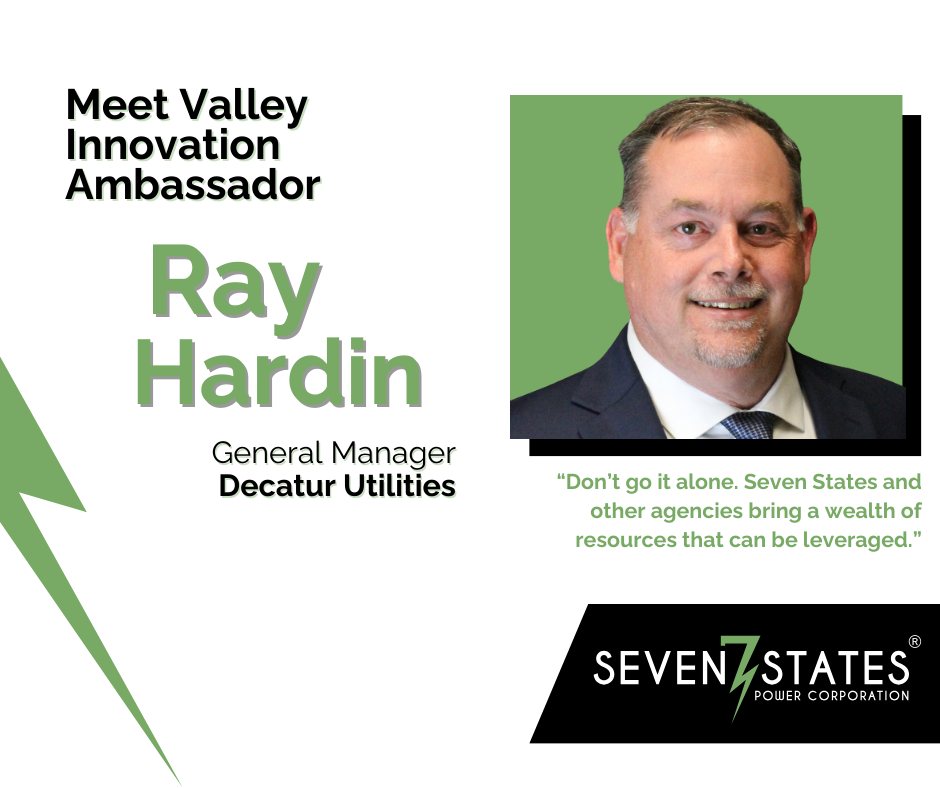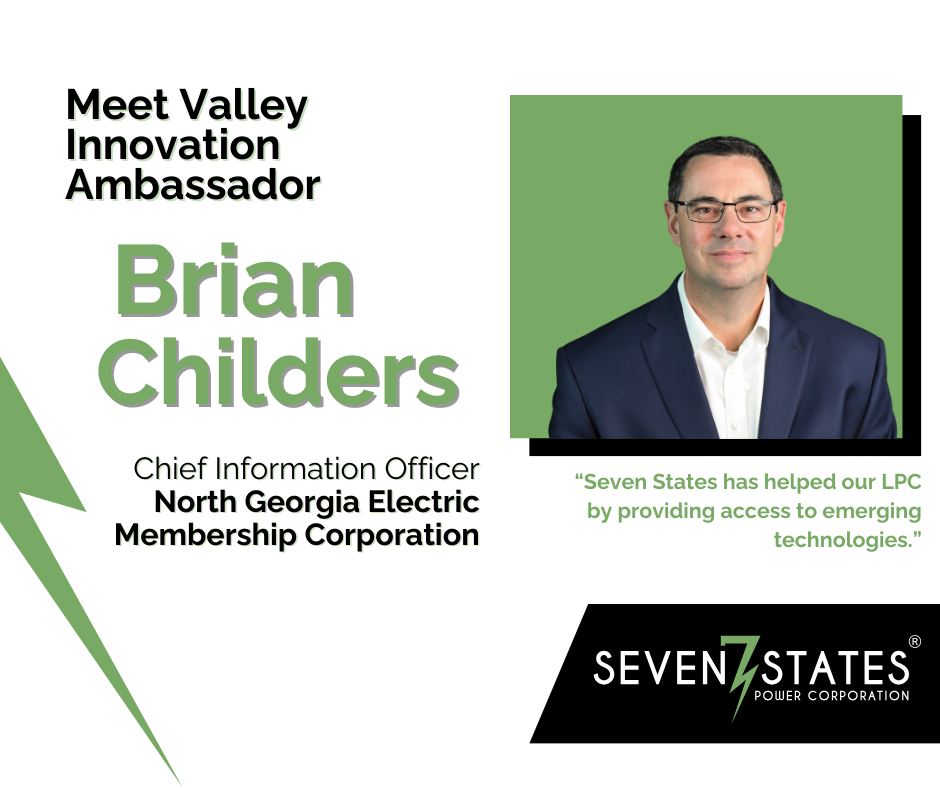
Investment Tax Credits (ITCs) remain one of the most effective tools available to local power companies (LPCs) and private businesses looking to accelerate energy infrastructure investments. With recent federal legislation revising eligibility and critical deadlines approaching, the time is now to use ITCs toward planned projects.
Seven States has closely monitored every stage of legislative changes to the ITC policies, ensuring that project partners stay informed on evolving opportunities and risks. Beyond tracking policy shifts, Seven States has actively advocated for protecting ITC provisions to our federal, state, and local delegations, reinforcing their long-term value for the communities they serve.
Following the passage of the One Big Beautiful Bill and subsequent changes by Treasury, here are seven key takeaways on how to utilize ITC to lower costs for anticipated solar and battery storage projects. Seven States recently completed its ITC registration of a battery storage asset and is prepared to guide project partners through these opportunities, as well as offer technical expertise, project management, and financing coordination to maximize every dollar of value.
1. Don’t Miss Critical Deadlines
Timing is essential when it comes to ITCs. Credit rates often decline over time, and most projects must meet “begin construction” requirements by July 4, 2025 to secure the highest incentives. Proper documentation is essential to qualify. Seven States helps members stay ahead of these timelines with expert guidance on compliance, permitting, and project execution.
2. Battery Storage Projects Remain Eligible
One of the most impactful updates to ITC policy is the protection of standalone battery storage. Moreover, ITCs help make solar-plus-storage a practical reality. These solutions provide load management, outage resilience, and support for emerging operational integrations. Seven States offers the know-how to design and finance these systems, helping members capture the full benefits.
3. Solar Projects Remain Eligible
Solar energy continues to be one of the biggest beneficiaries of ITCs. By covering a significant portion of upfront costs, ITCs make solar projects more affordable and financially attractive for LPCs and businesses. This enables owners to grow their generation portfolios, reduce risk, and deliver cost savings to end users. Pairing ITCs with Seven States’ technical expertise ensures solar installations are optimized for performance and long-term community benefit.
4. Be aware of Foreign Entities of Concern (FEOC) Policies
Recent updates to federal policy now restrict the use of ITCs for projects that source equipment or materials from “foreign entities of concern,” such as China. This shift makes supply chain diligence more critical than ever, as project owners must carefully select vendors and partners to ensure ITC eligibility and avoid costly disqualifications. Seven States can help navigate these evolving requirements by vetting technology providers, coordinating compliant procurement strategies, and reducing the risk of ineligibility—ensuring projects move forward with confidence and maximum financial benefit.
5. Financing Complexity Requires Expertise
Navigating ITC rules, financing structures, and transferability provisions is not simple. The upside is substantial, but so is the complexity. Seven States provides the expertise needed to manage these elements, from structuring deals and securing tax equity to coordinating compliance.
6. The Cost of Waiting Is High
Between phasedown schedules, rising project costs, and supply chain constraints, waiting to act can mean missing out on millions in incentives. Project Owners that move quickly will lock in higher ITC rates, secure financing on favorable terms, and be first in line for limited equipment and contractor availability. Seven States is ready to help move projects from planning to implementation before windows close.
7. Seven States Is Your ITC Partner
Seven States brings deep technical knowledge and financial coordination expertise. As a trusted partner, Seven States can help LPCs and businesses identify the right projects, capture available incentives, and deliver more reliable energy at a lower cost. The time to act is now—and with Seven States, you don’t have to navigate the ITC landscape alone.




